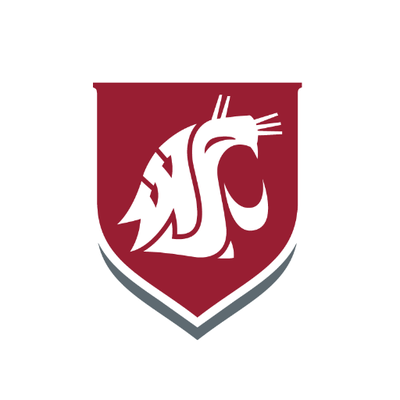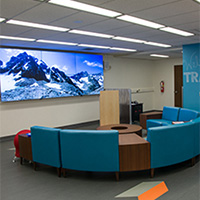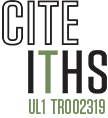Mouse Behavior Laboratory, University of Washington

The Mouse Behavior Core (MBC) is a newly-established core facility, and provides a rodent behavioral testing service to investigators at the Center on Human Development and Disability (CHDD). Our goal is to provide CHDD investigators with a wide variety of tests for evaluation of mice in specific behavioral domains, including sensory and motor function, learning and memory, anxiety, and social interactions. The capabilities of the MBC are driven by user demand. We operate on the principle that the investigator is the expert and should be involved integrally in both the design and conduct of the experiments. We provide advice in both of these aspects, and work closely with investigators to train them in the conduct of specific tests and to assist in data analysis. Use of the Noldus Ethovision system automates much of the data collection and analysis, with built-in QA/QC to reduce human error. We are available to CHDD investigators for consultations, and provide access and training in the use of our neurobehavioral testing equipment.







